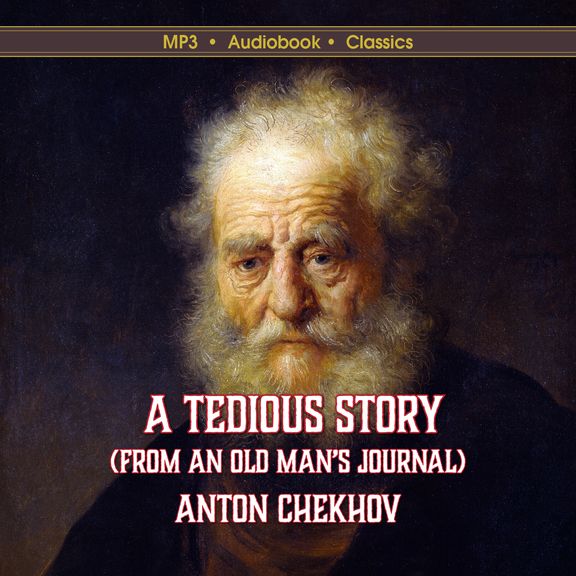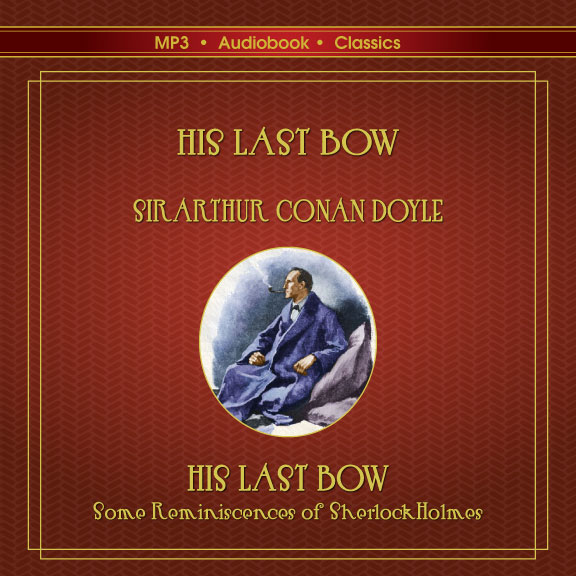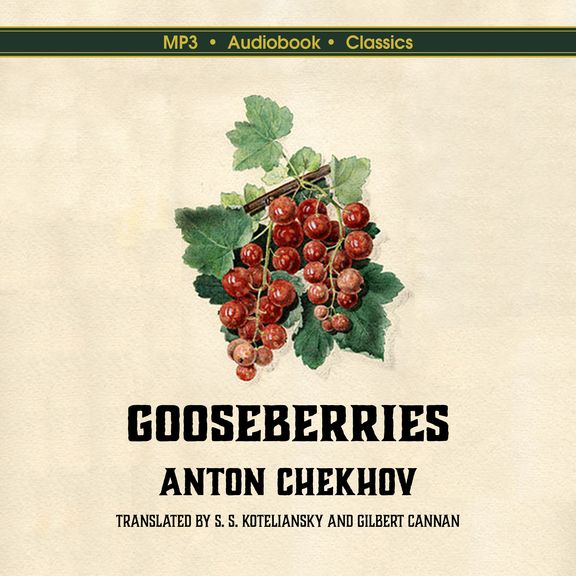
A Tedious Story from an Old Man’s Journal
By Anton Chekhov
Influenced by the death of his brother Nicolay from tuberculosis, Chekhov’s novella “A Tedious Story (From An Old Man’s Journal)” chronicles the alienation and confusion of Nikolai Stepanovich, a renowned professor of medicine, during his decline from an unspecified illness. He describes struggles with insomnia and bouts of debilitating weakness while he tries to analyze the cause of his rapid physical and psychological decline from an unspecified illness. His world grows increasingly strange and distant as his disorientation increases. He watches his daughter and step-daughter suffer as they try to care for him, but he is too numb to feel anything or connect in any meaningful way. Chekhov wrote: “The thing about my hero is that he does not care for those around him. People close to him shed tears, make mistakes, tell lies, but all he can do is dispassionately lecture them on theatre or literature.” Critical reception was divided, reflecting perhaps a difficulty in defining a new and unsettling kind of work. One critic called it “”undeniably the best work of Russian literature of the last year”, while another dismissed it as a trivial “etude on the slow decline of an old man’s mind”. Commenting on the superficial similarity to Tolstoy’s “The Death of Ivan Ilyitch”, one critic felt Chekhov had fallen into “a trap of imitation”, while another praised the story as “a highly original piece of writing”. It is now considered one of Chekhov’s most enduring works.


